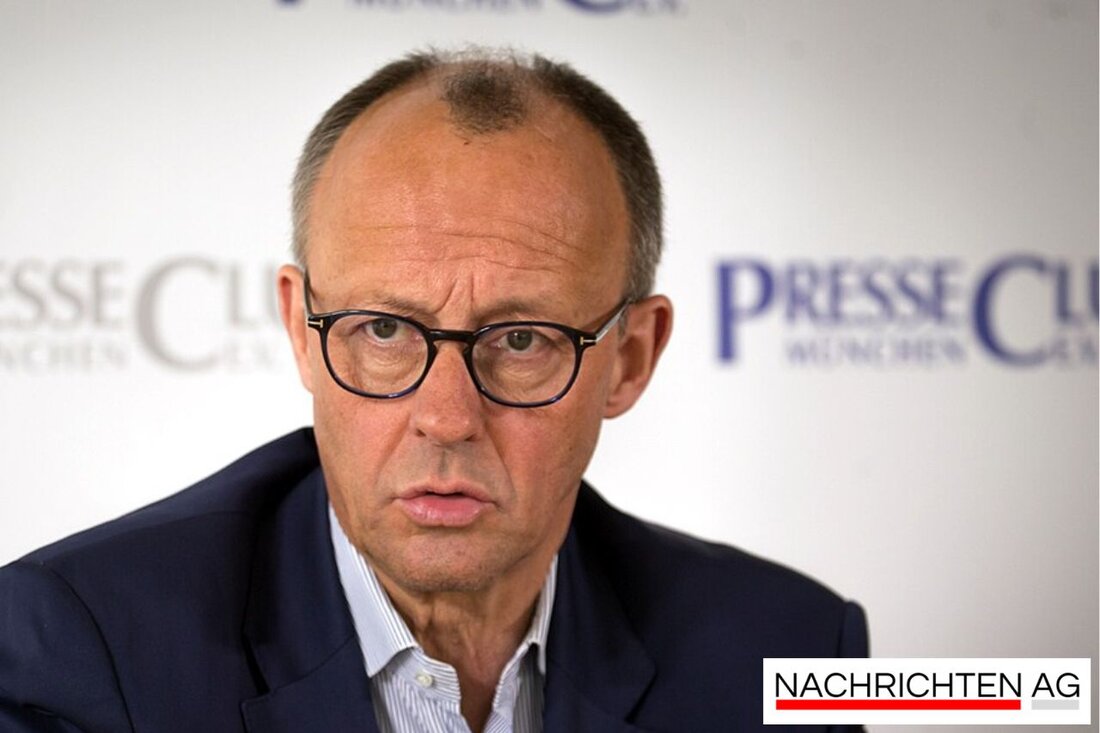Super-rich cash in: Union demands tax contribution to the crisis!
IGBCE Chairman Vassiliadis calls for higher taxes for the super-rich to deal with the crisis; SPD and CDU/CSU in conflict.

Super-rich cash in: Union demands tax contribution to the crisis!
The debate about tax increases for the wealthy class in Germany is gaining momentum. The unions, especially the chemical union IGBCE, are currently supporting the SPD's demand for a solidarity contribution from the super-rich. IGBCE chairman Michael Vassiliadis clearly addressed the union's position at the trade union conference in Hanover and demanded that top earners should also do their part in overcoming the crisis. “Instead of being a penalty, these tax increases should be viewed as contributions to responsibility for the future,” says Vassiliadis and suggests that high assets, inheritances and incomes be subject to so-called “future fees”, reports the Volksstimme.
The SPD, represented by Finance Minister Lars Klingbeil, does not rule out higher taxes for top earners and the wealthy in order to keep an eye on the budget gaps. While the CDU/CSU, led by Chancellor Friedrich Merz, has clearly rejected these proposals, the demand for greater taxation of multimillionaires and billionaires remains a hot potato in the political landscape. Alexander Schweitzer, Prime Minister of Rhineland-Palatinate and SPD deputy, emphasizes in an interview that more and more Germans are making their living from assets, stocks and inheritances, and this group is taxed significantly less than wage tax payers. “We have to hold the super-rich more responsible,” demands Schweitzer and suggests a look back at the higher tax rates of the 80s and 90s, when the top tax rate was still 56 percent, according to Die Zeit.
Trade unions and their role
The IGBCE congress in Hanover is a central point at which the direction and demands of the union are discussed. In addition to Vassiliadis, greats such as Lars Klingbeil and Bärbel Bas from the SPD are also present. The IGBCE, with over 570,000 members, has an important voice in the current tax debate. Vassiliadis emphasizes that it is time for earners in Germany to participate more in financing the common good. The current proposals aim to tax high wealth and income more fairly in order to stabilize social security systems.
The situation on the financial market is not insignificant. According to the Federal Ministry of Finance, it should be possible for the first time to exceed tax revenues of one trillion euros in 2025. An additional tax burden could be quietly but steadily applied to the top 10% of payroll and income tax payers, who already contribute around 57% of total tax revenue. For a part of the population, this means that their financial resources are available to take social justice to a new level.
A look into the future
The discussion about tax increases is not only taking place on the political stage, but also has an impact on people's everyday lives. While many taxpayers are wondering what will happen to the government's financial savings, those responsible are undeterred. The dispute between the coalition partners will continue because there are large differences in views on tax justice. The Union rejects higher taxes for the wealthy and instead calls for savings, while the SPD and the unions are pushing for fairer distribution.
The topic remains exciting and will not only determine the political agenda for the next few months, but will also take up wider public space. One thing is clear: sound fiscal strategies are becoming more important than ever.
For more information about tax aspects, visit the website Federal Ministry of Finance, which provides detailed data on tax policy.
In this dynamic political landscape, it is essential to keep an eye on developments leading up to the federal election. The clash of different interests is timeless and brings the question of justice to the fore.

 Suche
Suche
 Mein Konto
Mein Konto